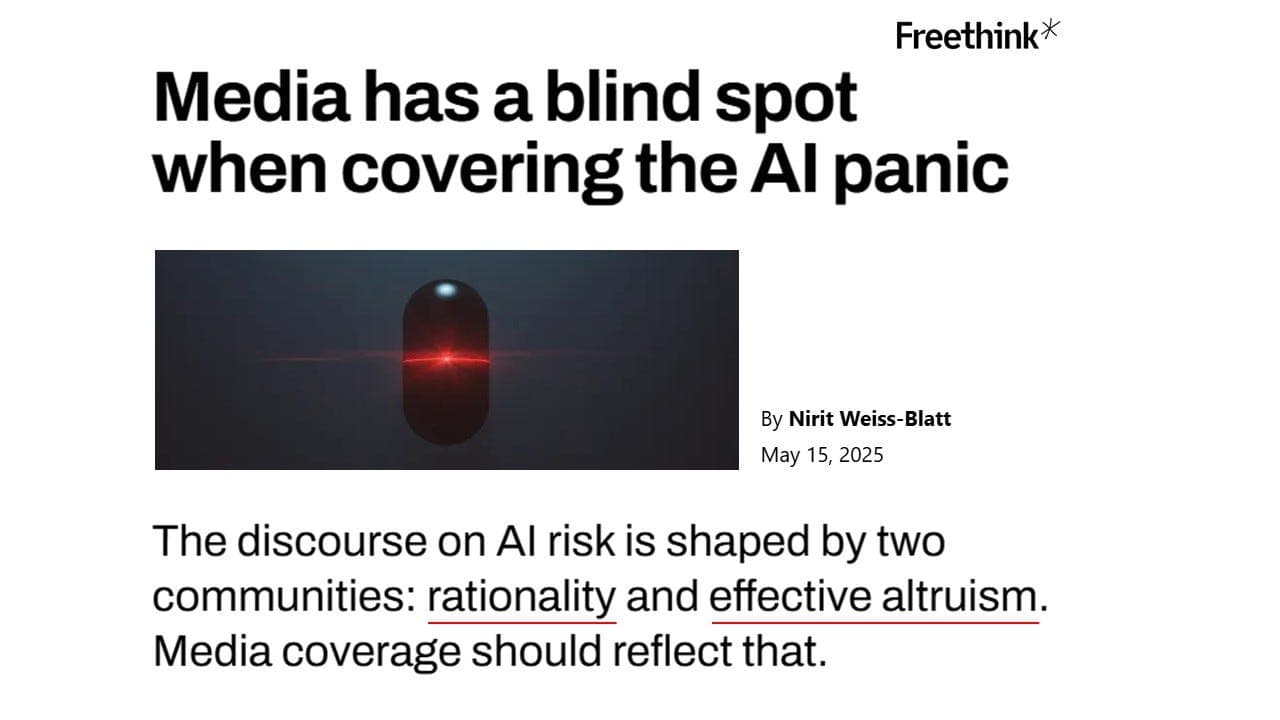AI Doomer Predictions Based on "Fantasy Systems" Face Scrutiny

San Francisco, CA – The prevailing narrative of "doomer predictions" regarding artificial intelligence is being challenged for its reliance on "fantasy AI systems," according to Dr. Nirit Weiss-Blatt, a communication researcher and author of "The TECHLASH and Tech Crisis Communication." Weiss-Blatt's critique, shared on social media, highlights a growing skepticism toward alarmist AI scenarios.From a communication scholar’s perspective, she argues that these predictions often stem from a misunderstanding of current AI capabilities and an overemphasis on hypothetical, future systems that do not yet exist.
Dr. Weiss-Blatt, a former research fellow at the University of Southern California, Annenberg School for Communication and Journalism, amplified a statement from Daniel Jeffries, who asserted, "Doomer predictions are based on fantasy AI systems that function nothing like how today's systems function." Jeffries further elaborated on these hypothetical systems, describing them as possessing "perfect continual learning and knowledge acquisition, internal state/world models, infinite/unbounded self improvement, [and] the ability to manipulate."
This perspective aligns with a broader pushback against what some critics term "AI panic." Weiss-Blatt is known for her "AI Panic" newsletter, which analyzes hype and fear surrounding artificial intelligence. Her work often scrutinizes the discourse around emerging technologies, advocating for "AI realism" over sensationalism.
Experts like Gary Marcus, a prominent AI leader, have also voiced concerns about the exaggerated capabilities attributed to current large language models (LLMs), particularly following the release of OpenAI's GPT-5. Marcus suggests that LLMs may not be the path to the superintelligence envisioned by doomers. The debate often centers on the distinction between current AI's pattern recognition and predictive text generation versus the human-like cognition and agency predicted for future AI.
The criticism suggests that many doomer scenarios oversimplify the complexities of AI development and often resemble Hollywood movie plots, focusing on singular, all-powerful entities. This contrasts with the reality of AI systems, which are typically specialized and lack broad agency or long-term planning capabilities. The ongoing discussion emphasizes the need for a realistic assessment of AI's current and near-future capabilities, rather than projections based on speculative, unproven advancements.